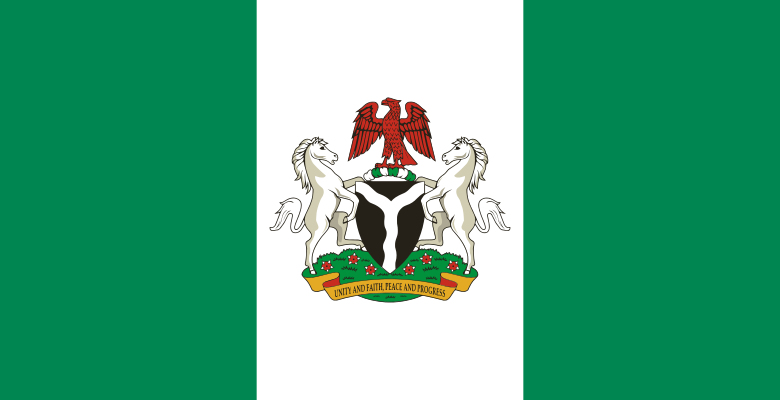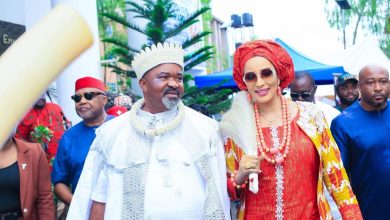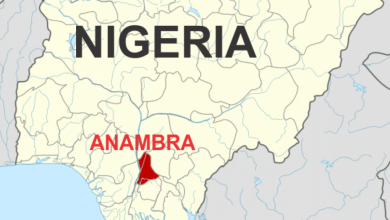
By Dr. Ebuka Onyekwelu
For about three weeks now, the debate on Christian genocide in Nigeria has raged following the declaration of Nigeria by the President of the United States, Donald Trump, as a Country of Particular Concern over Christian genocide in Nigeria. The designation has caused an eruption of debates for and against. The president of Nigeria wrote a personal response claiming that extremists of Islamic faith do not target Nigerian Christians. Both the president and Nigeria’s Ministry of Foreign Affairs made a case to the effect that what Nigeria is experiencing is an upsurge of extremist violence against Nigerians of all faiths. This line of argument has been peddled by everyone who has tried to make a case for the Nigerian government. They all echo that, yes, there is ongoing extremist violence against Nigerians, but not particularly against Nigerian Christians.
While this debate is going on, on the face value and in fact, based on several available evidence, it might appear correct that Nigerian Christians are not specifically targeted by terrorists. Truly, since 2012, Nigeria has been faced with a war against terrorism, and Churches and Mosques are targeted by Boko Haram terrorists. However, the argument on Christian genocide in Nigeria must be x-rayed further than the mere fact that Mosques have also been attacked by extremists or that Muslims have also been victims of terrorist attacks in Nigeria since the war on terror began around 2012 to date.
The first irony is that it appears there are more Muslims than Christians, making a case against the persecution of Christians in Nigeria. So far, a lot of efforts have been channeled into fixing how the world should perceive or interpret the US pronouncement of Nigeria as a Country of Particular Concern. In all of these, there is no real concern about certain Nigerian Christians who are the subject of this debate. Ultimately, the concern the Nigerian government has failed to address is why Nigerian Christians in the Northeast, Northwest, and parts of Northcentral have strong feelings that they are targeted and persecuted simply because of their Christian religious persuasion. Christians in Southern Kaduna feel they are targeted and attacked on account of their religious belief. The same is true of Christians in several parts of Plateau state. In a state like Benue, the feeling is even more profound. Having spent some time interacting with Nigerian Christians in different parts of Northern Nigeria, it is obvious that Nigerian Christians in the Northern parts of the country live in perpetual fear of possible violence at any time. It is worrisome that anyone would think that how Christians in Northern Nigeria feel about how their religion is received does not exactly matter, provided that some Muslims have also been victims of violent extremism in the North. It is also important to point out that this feeling of fear and insecurity among Christians, especially in Northern Nigeria, finds expression in the lived experience of the people over the years. They are always the objects of any perceived scorn against Prophet Mohammed. They are the objects of any political fallout. They bear the consequences of any personal aggression taken out of proportion. They also carry the full weight of the wrath of other misgivings in between. In a way, it does appear that anything that can lead to violence in parts of Northern Nigeria would end up as an excuse to attack Christians. If we subsume this lived experience of the people as inconsequential, we are simply reinforcing the government’s culpability, which has become the people’s longstanding verdict.
In a way, the debate on Christian genocide in Nigeria, on the premise that both Christians and Muslims are victims of terror groups, does appear to share some similarities with the question of Southeast marginalization. Just like the latter, arguments that the effect of poor governance in Nigeria is the same for all Nigerians of all zones are both credible and factual. But does not diminish or cancel the reality that Southeasterners feel marginalized in their experience as a people group in Nigeria. Rather than use data and mere argument to try to water down, rationalize, or dismiss Christian genocide, the authorities must be concerned about why Nigerian Christians feel extremists in Northern Nigeria target them.
Patriotism is based on feeling. This is why how people feel about their country is more important than any strong argument against that feeling. The Nigerian government must carefully address the issue of Christian genocide beyond optics and beyond mere data put forward for argument’s sake.




